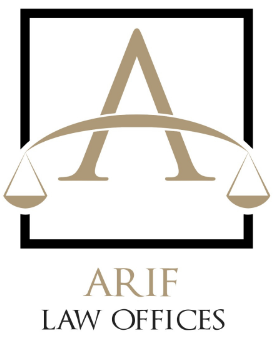Yes, you can study in the United States as an asylum applicant, but there are some specific conditions and considerations:
- Employment Authorization: As an asylum applicant, you are eligible to apply for an Employment Authorization Document (EAD) after 150 days of filing your asylum application. This EAD can also be used to enroll in educational programs. Without an EAD, you might need to rely on other funding sources or support.
- Funding and Tuition: Studying in the U.S. often requires proof of financial ability to cover tuition and living expenses. As an asylum applicant, you may not have access to federal financial aid, but some institutions offer scholarships, grants, or other forms of financial assistance. Look into scholarships specifically for asylum seekers or undocumented students.
- State Residency: Some states have different residency requirements for tuition purposes. Check with the institutions you’re interested in to understand their residency requirements and whether they offer in-state tuition for asylum seekers.
- School Enrollment: Asylum seekers can generally apply and enroll in schools, including universities and colleges, but you’ll need to comply with the school’s admission requirements and provide any necessary documentation related to your immigration status.
- Legal Status and Changes: Your status as an asylum applicant could impact your educational plans. Be aware that changes in your legal status might affect your eligibility for certain benefits or programs.
- Legal Advice: It’s a good idea to consult with an immigration attorney or legal aid organization to ensure you understand all the implications of studying while your asylum application is pending and to get assistance with any legal or logistical issues.
In summary, while there are opportunities for asylum applicants to study in the U.S., navigating the process involves understanding and addressing several factors related to funding, tuition, and legal status.

ARIF LAW OFFICES, P.C.
U.S. and France Immigration Law Offices
global immigration solutions for France and the United States
Arif Law Offices, P.C. © 2025 All Rights Reserved
Developed by OM Media
